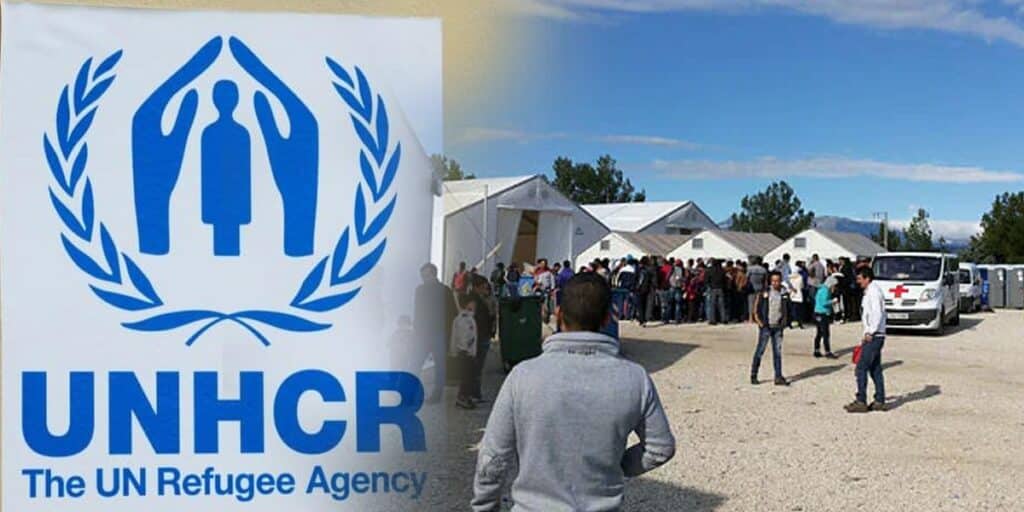Germany has temporarily suspended its refugee resettlement program through the United Nations High Commissioner for Refugees (UNHCR), halting future voluntary refugee intakes in the wake of a changing political landscape. The Federal Interior Ministry confirmed the move on Tuesday, April 8, citing the program’s suspension as part of broader policy shifts underway amid ongoing coalition talks.
The decision comes as Germany anticipates the formation of a new government between the conservative CDU/CSU bloc, led by Friedrich Merz, and the Social Democratic Party (SPD). Documents obtained by Reuters reveal that the coalition partners have agreed to discontinue voluntary refugee admission initiatives, including the longstanding UNHCR resettlement program, and not to initiate any new ones.
Germany has participated in the European Union’s resettlement framework since 2016, offering sanctuary to refugees selected by UNHCR from countries including Turkey, Egypt, Jordan, Kenya, and Libya. As of 2024, Germany had admitted 4,711 refugees under this scheme. Although the country had committed to resettling 13,000 refugees over 2024 and 2025, the Interior Ministry clarified that only those cases already in advanced stages, where individual commitments have been made, will continue to be processed.
The policy shift follows mounting domestic pressure tied to the growing popularity of the far-right Alternative for Germany (AfD) party and several high-profile incidents linked to refugee communities. These developments have prompted conservative forces to tighten their stance on immigration and asylum.
Human rights organisation have strongly criticised the suspension, warning that it undermines international efforts to support displaced populations and signals a retreat from Germany’s humanitarian commitments. The halt also casts uncertainty over Germany’s future role in addressing the broader European refugee crisis.
As political negotiations progress, observers and advocacy groups are urging German leaders to ensure sustained protection for vulnerable populations and uphold the country’s international responsibilities.





